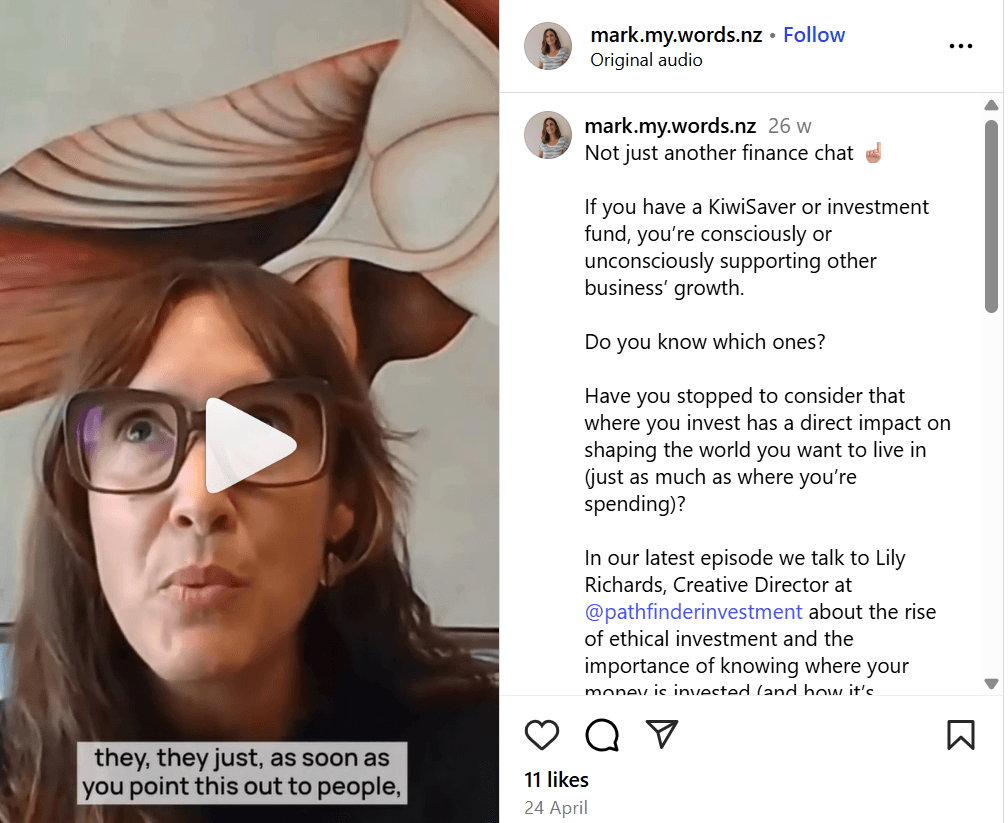Insights
Can you afford your 20-year holiday?
Finding the right balance between having fun now and saving for retirement later

"How did it get so late so soon, its late in the evening I thought it was noon, its late in December I thought it was June. How did it get so late so soon?" - Dr. Seuss
Saving for your retirement isn’t really something most people want to think about. It means having to contemplate a time when we’re no longer working and, more often than not, in the final quarter of our lives. The average Kiwi is in retirement for 20 years – a long period of time that you are not working. So, what if you looked at it like a 20-year holiday and what if we told you it doesn’t have to be as scary or as difficult as you might think? A little planning will help you find the balance between having fun now and ensuring you are able to reach your goals later.
We have chosen three easy things you can do to help you get fit for your future:
Set some retirement goals.
Work out a budget that includes fun-money.
Don’t leave additional money on the table.
Set some retirement goals
Take some time to think about your future. What do you see yourself doing when you retire? Will your lifestyle costs be comparable to what you live on now or drastically different? Will you play a sport, travel the world, volunteer locally or internationally, start a second career, move location, stay home and enjoy your gardening or cooking hobby, spend time with friends or grandchildren, get involved in public service or politics? What age do you see yourself stopping work? Write a list of your ambitions and have a think about what these might cost.
Take a moment to put your age and stage into the Sorted KiwiSaver savings calculator. This will give you an idea of what you are currently on track to achieve and show you the difference it will make to your retirement if you adjust your contribution rate just slightly. It takes inflation into account and can show you what happens if you use your KiwiSaver to buy a house.
Will your retirement savings be enough? A number of choices affect the size of your retirement savings. These include your choice of fund, your contribution rate and how long you contribute for. It’s worth checking if your current choices are right for you and your stage of life. Feel free to contact our customer service team if you would like some help 0800 ETHICAL (384 4225).
Work out a budget that includes fun-money
We all know we should budget, and some are better at it than others. But it can be possible to reach your savings goals, pay off debt and have fun-money (money for wants rather than needs) along the way. In fact, according to this website budgeting for fun-money might help alleviate feelings of financial anxiety and help you reach your goals faster. The idea being it helps you stay on track to meet your long-term financial goals while still giving you the freedom to spend on items and experiences that enrich your life.
We are all in very different financial situations and there are many ways you can go about your budgeting, and budget reviewing. In our opinion the benefits of taking the time to budget include:
Allowing you to feel in control of your finances (as opposed to them ruling you).
Helping you save for a fulfilling future, especially if you start early (keep reading).
Helping you spot spending habits that are eating away at your bank balance every month.
Living within your budget will allow you to spend money on fun things, no strings attached and sans guilt.
Imagine a healthier lifestyle, full of fun, without sacrificing financial goals. Isn’t that worth investing a bit of time into?
Some budgeting ideas include using your banks budget calculator that will show you incomings and outgoings easily. Or inputting your information into these two free websites set up by independent government agencies that are dedicated to helping New Zealanders get ahead financially Sorted Budget Calculator and Resources – MoneyTalks. Whichever you choose, you can come back to them later to edit and make changes as your circumstances do.
If you need support with your budgeting, feel free to contact us and we can help you review your financial circumstances.
Don’t be discouraged if your fun money fund is a little less than you’d like, it can be especially hard when inflation is so high. But there are plenty of ways to make that money stretch with a little kiwi ingenuity. Here are some ideas:
Picnics on the beach vs going out for dinner.
Going to the beach vs swimming in the pools.
Try the 30-day rule - when you want to make a large purchase (think about it for a month first). If you feel that it’s still important after say 30 days, maybe you’ll feel more confident purchasing it.
The 24-hour rule - consider waiting an entire day before buying non-essential items - you may find it’s not worth it after all.
For more money-saving tips visit How to Save Money: 50+ Tips for 2023
Don’t leave additional money on the table.
For every dollar you put into your KiwiSaver the government contributes 25c, up to a maximum government contribution of $260.72. You can achieve this target by contributing $21 each week. (NOTE: You will only receive this contribution if you're between age 16 and 65 and earn less than $180,000). Get your phone and put a reminder in to check your KiwiSaver contribution before 30 June on a yearly occurrence. Or set up a regular direct debit to ensure you are reaching this amount. You can also check your pay checks to see how your employee contributions add up to. For more on this visit our Q & A page.
Conclusion
Investing is a great way to grow your finances, even if you don’t have a lot to begin with and especially if you start early. It’s easy to increase contributions to your KiwiSaver through your employer or by making a one off or regular deposit (FAQs | Pathfinder Asset Management), or if you think you may need your money sooner than age 65 you can look at investing outside KiwiSaver in an ethically managed fund.
Like so many aspects of our lives, saving for the future is about finding the right balance. We hope this article has encouraged you to find the time for some goal setting, budgeting, and planning so that you may feel in financial control of your future.
If you'd like to speak with an expert about your investing journey - go here and click the Talk To An Expert button.


